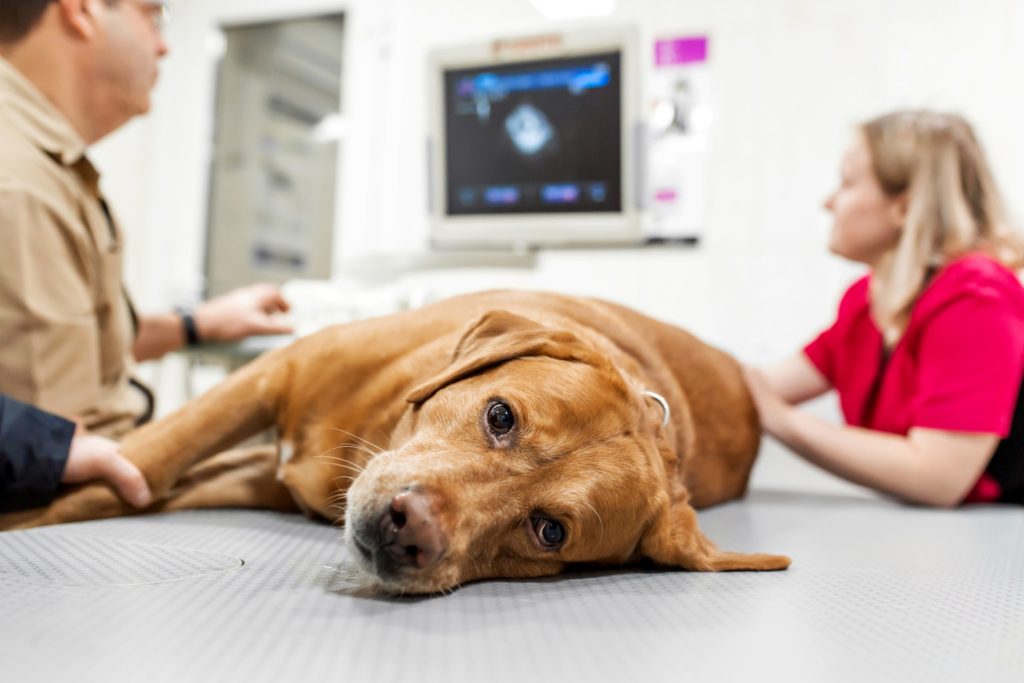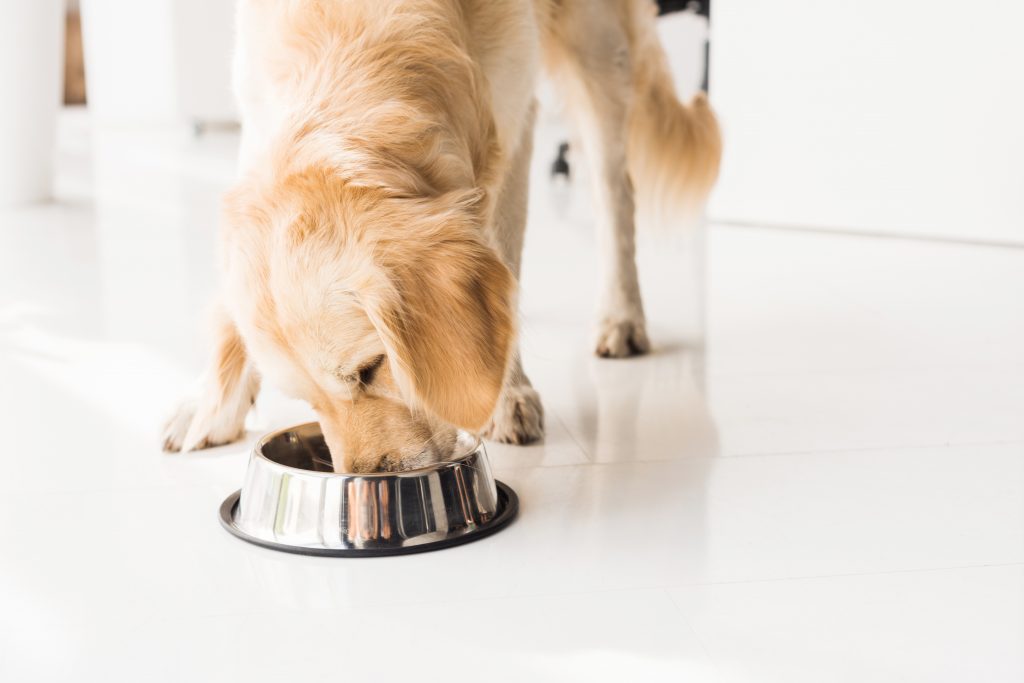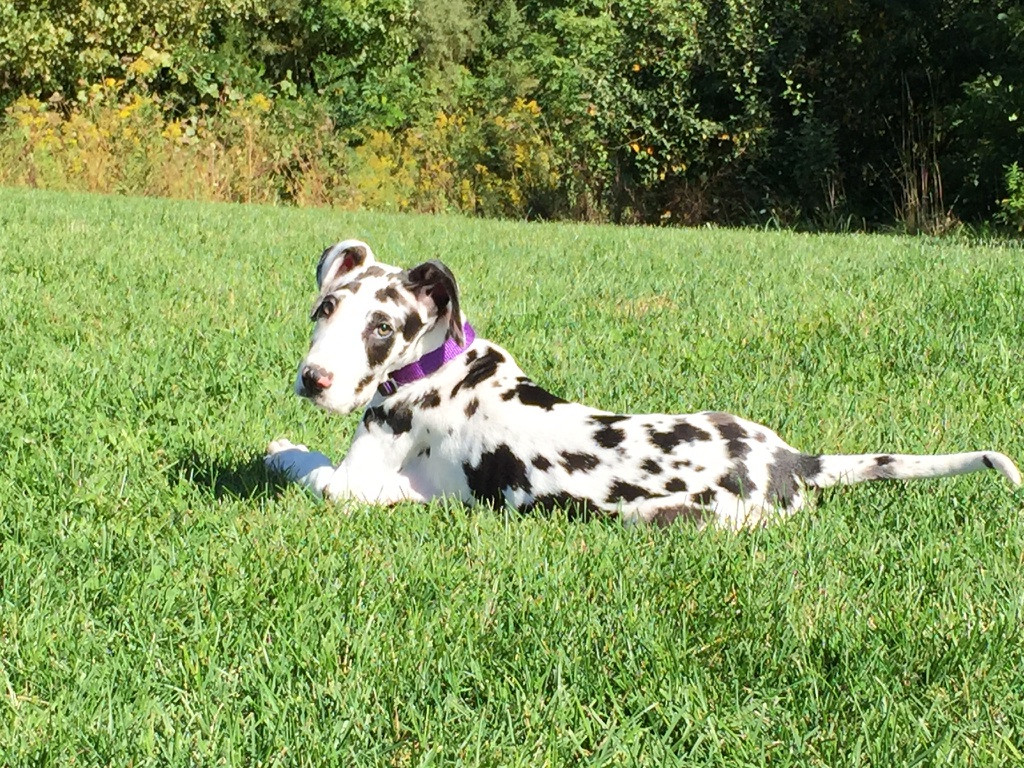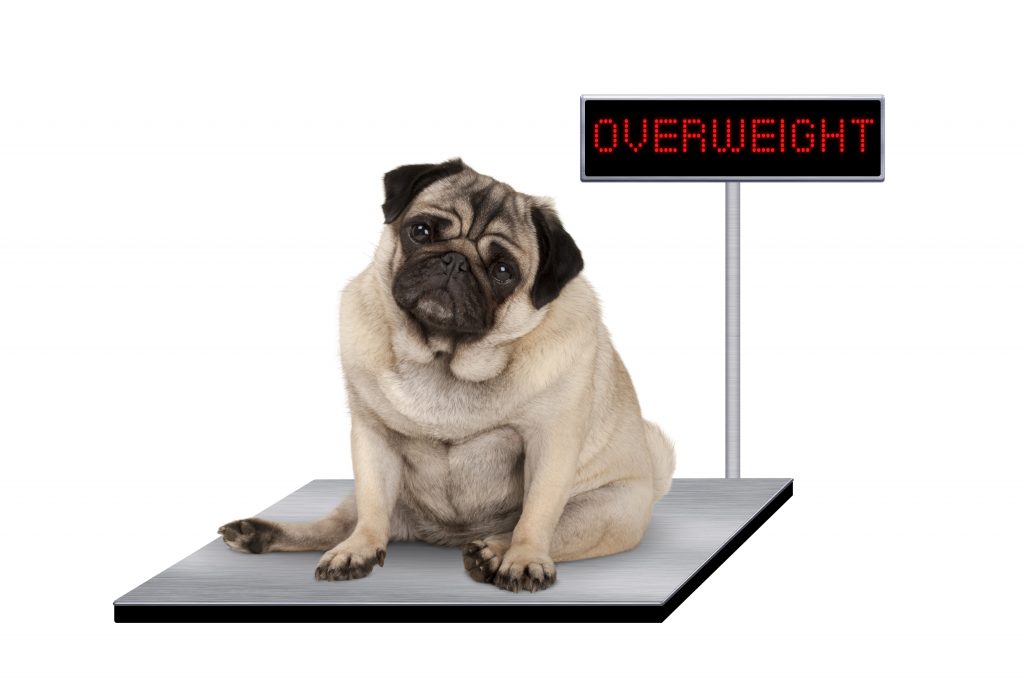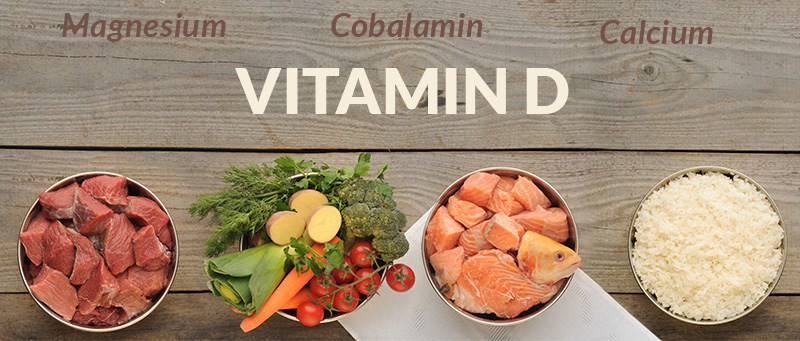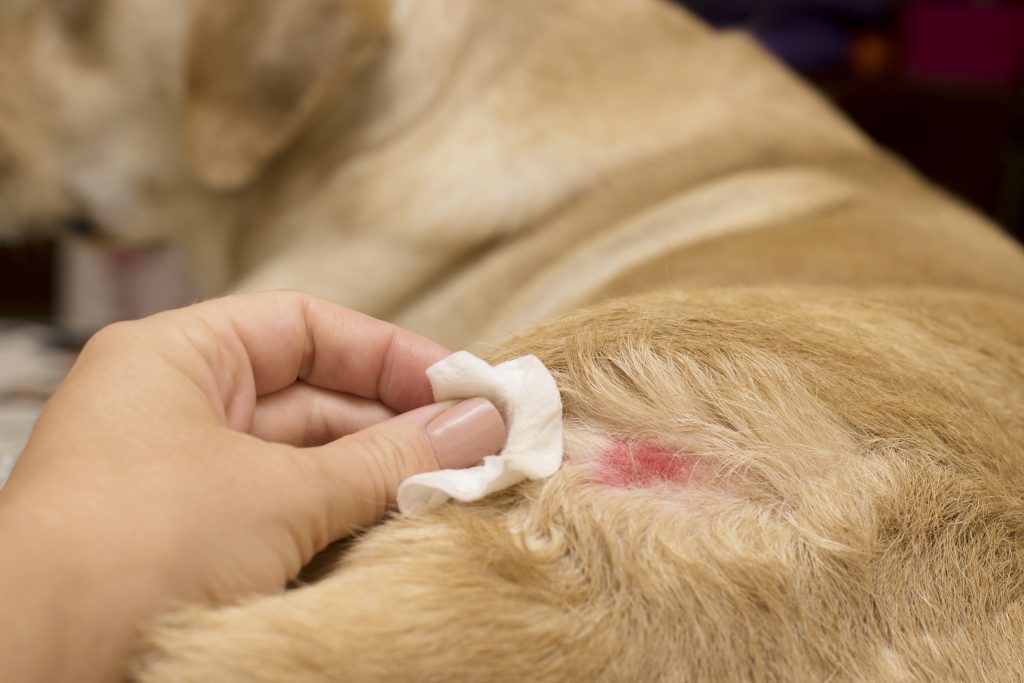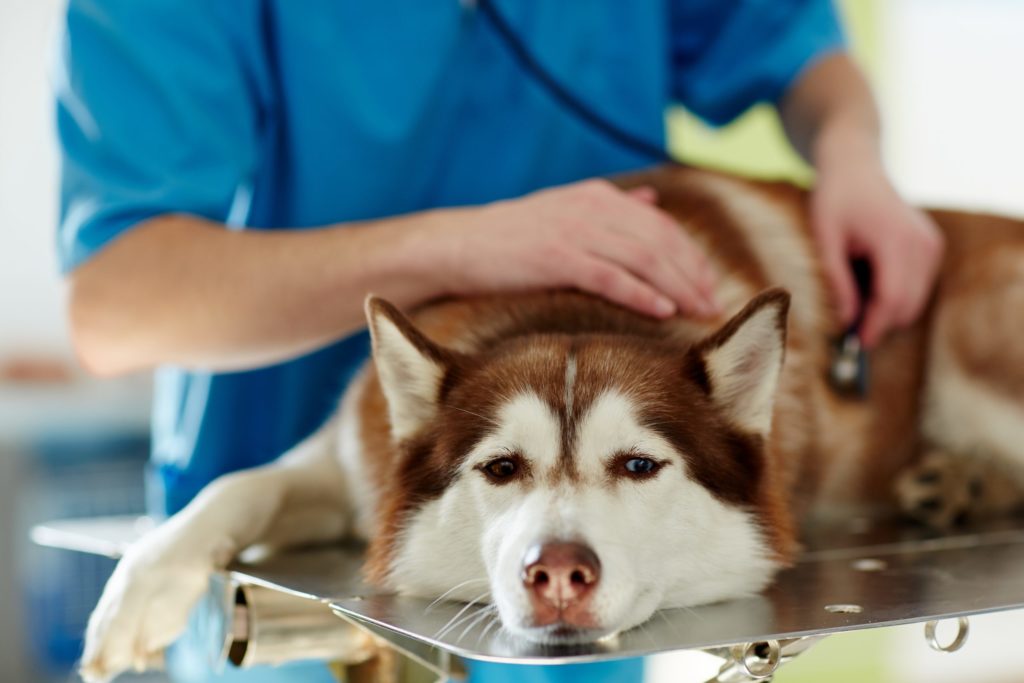
Background Protein-losing syndromes, specifically protein-losing enteropathy (PLE) and protein-losing nephropathy (PLN), are disease conditions when albumin and other protein-rich materials leak into the intestinal cavity or urine. Left untreated, there is a high mortality. Both PLE and PLN involve significant inflammation which is a part of the pathogenesis and treatment often includes the use of […] Read more »

